This blog was co-written by Franka Vaughan and Mor Rubinstein, OKI Network team.

This is the third year of the Open Knowledge International Open Data Day mini-grants scheme, our best one yet! Building on last year’s lessons from the scheme, and in the spirit of Open Data Day, we are trying to make the scheme more transparent. We are aspiring to email every mini-grant applicant a response email with feedback about their application. This blog is the first in a series where we look at who has received grants, how much has been given, and also our criteria for deciding who to fund (more about that, next week!).
Our selection process took more time than expected due to the right circumstances – the UK Foreign & Commonwealth Office joined the scheme last week and is funding eight more events! Adding it to the support we got from SPARC, the Open Contracting Program of Hivos, Article 19 and our grant from Hewlett Foundation, a total amount of $16,530 worth of mini-grants are being distributed. This is $4,030 more than what we committed to initially.
The grants are divided into six categories: Open Research, Open Data for Human Rights, Open Data for Environment, Open Data Newbies, Open Contracting and FCO special grantees. Although not a planned category, we decided to be flexible and accommodate places that will be hosting an Open Data Day event for the first time. We call it the Newbie category. These events didn’t necessarily fit our criteria, but showed potential or are hosting Open Data Day events for the first time. Two of these events will get special assistant from our Open Data for Development Africa Lead, David Opoku.
So without further ado, here are the grantees:
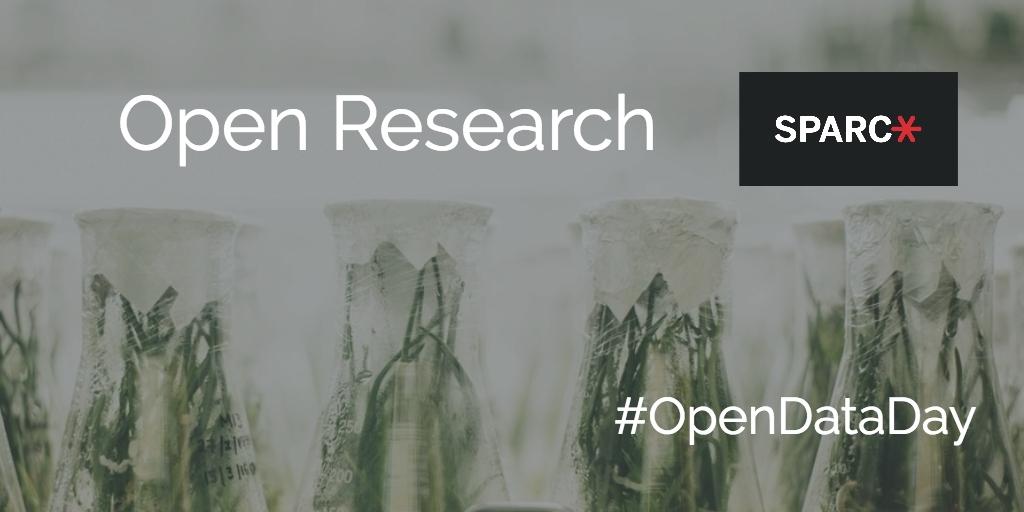
- Open Knowledge Nepal’s ODD event will focus on “Open Access Research for Students” to highlight the conditions of Open Access and Open Research in Nepal, showcasing the research opportunities and the moving direction of research trends. Amount: $350
- Open Switch Africa will organise a workshop to encourage open data practises in academic and public institutions, teach attendees how to create / utilize open data sheets and repositories and also build up an open data community in Nigeria. Amount: $400
- The Electrochemical Society’s ODD event in the USA will focus on informing the general public about their mission to Free the Science and make scientific research available to everyone, and also share their plans to launch their open access research repository through Research4Life in March. Amount: $400
- Wiki Education Brazil aims to create and build structures to publish Brazilian academic research on Wikipedia and WikiData. They will organise a hackathon and edit-a-thon in partnership with pt.wiki and wikidata communities with support from Wikimedia Foundation research team to create a pilot event, similar to https://meta.wikimedia.org/wiki/WikiCite. Amount: $400
- Kyambogo University, Uganda will organise a presentation on how open data and the library promote open access. They will host an exhibition on open access resources and organise a library tour to acquaint participants with the available open access resources in the University’s library. Amount: $400
- Kirstie Whitaker will organise a brainhack to empower early career researchers at Cambridge University, England, on how to access open neuroimaging datasets already in existence for new studies and add their own data for others to use in the future. Amount: $375
- The University of Kashmir’s ODD event in India will target scholars, researchers and the teaching community and introduce them to Open Data Lab projects that are available through open Knowledge Labs and open research repositories through re3data.org. Amount: $400
- The Research Computing Centre of the University of Chicago will organise a hackathon that will introduce participants to public data available on different portals on the internet. Amount: $300
- Technarium hackerspace in Lithuania will organise a science cafe to open up the conversation in an otherwise conservative Lithuanian scientist population about the benefits of open data, and ways to share the science that they do. Amount: $400
- UNU-MERIT /BITSS-YAOUNDE in Cameroon will organise a hands-on practical training courses on Github, OSF, STATA dynamic documents, R Markdown, advocacy campaigns etc. Targeting 100 people. Amount: $400
- Open Sudan will organise a high level conference to discuss the current state of research data sharing in Sudan, highlight the global movement and its successes, shed light on what could be implemented on the local level that is learned from the global movement and most importantly create a venue for collaboration. Amount: $400
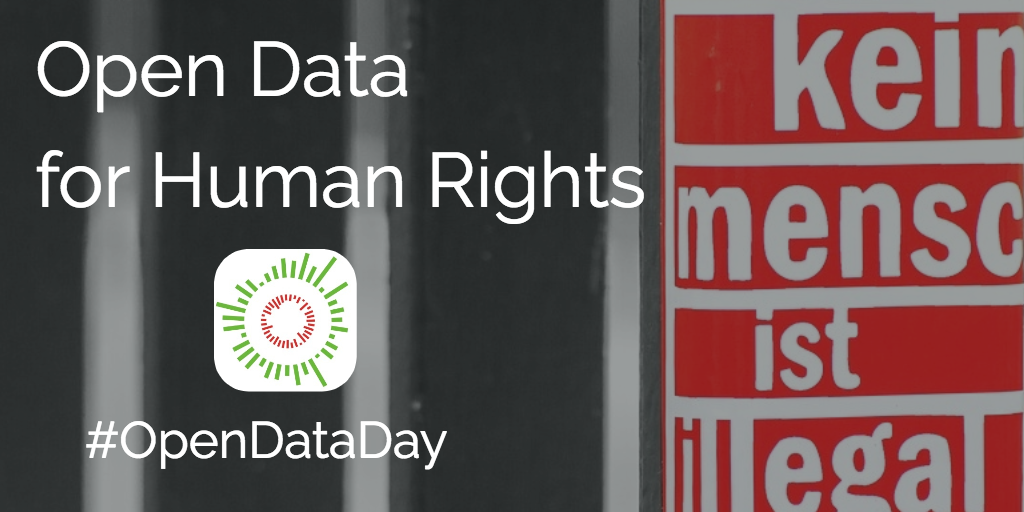
- Dag Medya’s ODD event will increase awareness on deceased workers in Turkey by structuring and compiling raw data in a tabular format and opening it to the public for the benefit of open data lovers and data enthusiasts. Amount: $300
- Election Resource Centre Zimbabwe will organise a training to build the capacity of project champions who will use data to tell human rights stories, analysis, visualisation, reporting, stimulating citizen engagement and campaigns. Amount: $350
- PoliGNU ODD event in Brazil will be a discussion on women’s participation in the development of public policies and will be guided by open data collection and visualizations. Amount: $390
- ICT4Dev Research Center will organise a press conference to launch their new website [ict4dev.ma] which highlights their open data work, a panel discussion about the relationship between Human Rights and Open Data in Morocco. Amount: $300
- Accountabilitylab.org will train and engage Citizen Helpdesk volunteers from four earthquake hit districts in Nepal (Kavre, Sindhpalchowke, Nuwakot and Dhading) who are working as interlocutors, problem solvers and advocates on migration-related problems to codify citizen feedback using qualitative data from the ground and amplifying them using open data tool.s Amount: $300
- Abriendo Datos Costa Rica will gather people interested in human rights activism and accountability, and teach them open data concepts and the context of open data day, and check for openness or otherwise of the available human rights data. Amount: $300
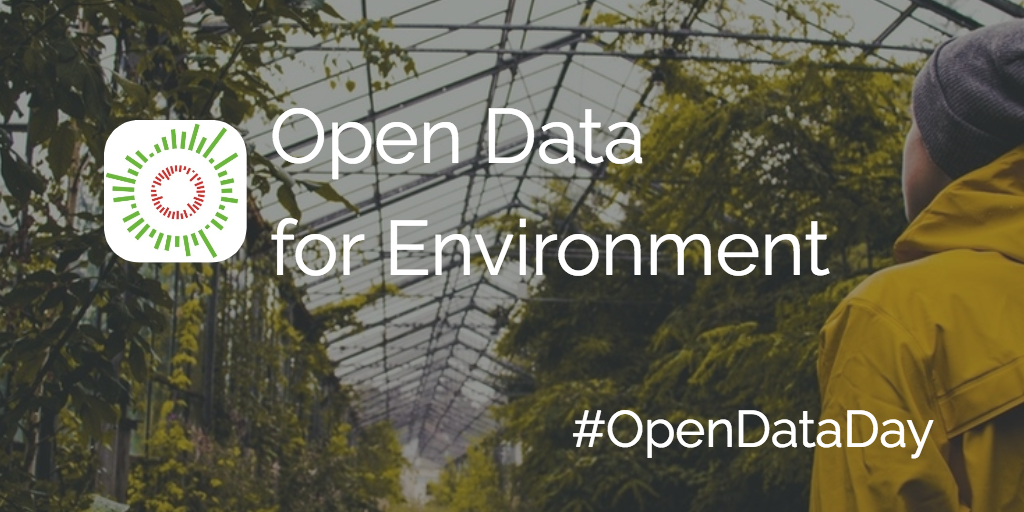
- SpaceClubFUTA will use OpenStreetMap, TeachOSM tasking manager, Remote Sensing and GIS tools to map garbage sites in Akure, Nigeria and track their exact locations, and the size and type of garbage. The data collected will be handed over to the agency in charge of clean up to help them organise the necessary logistics. Amount: $300
- Open Data Durban will initiate a project about the impacts of open data in society through the engagement of the network of labs and open data school clubs (wrangling data through an IoT weather station) in Durban, South Africa. Amount: $310
- Data for Sustainable Development in Tanzania ODD event will focus on using available information from opendata.go.tz to create visualization thematic map to show how data can be used in the health sector to track spread of infectious diseases, monitor demand or use demographic factors to look for opportunity in opening of new health facilities. Amount: $300
- SubidiosClaros / Datos Concepción will create an Interactive Map of Floods on the Argentine and Uruguayan Coasts of the Uruguay River using 2000-2015 data. This will serve as an outline for implementing warning systems in situations of water emergency. Amount: $400
- Outbox Hub Uganda will teach participants how to tell stories using open data on air quality from various sources and their own open data project. Amount: $300
- Lakehub will use data to highlight the effects of climate change, deforestation on Lake Victoria, Kenya. Amount: $300
- Tupale.co will create the basis for a generic data model to analyze Air Quality in the city of Medellin for the last five years. This initial “scaffolding” will serve as the go-to basis to engage more city stakeholders while putting in evidence for the need for more open data sets in Colombia. Amount: $300
- Beog Neere will develop action plan to open up Extractives’ environmental impact data and develop data skills for key stakeholders – government and civil society. Amount: $300
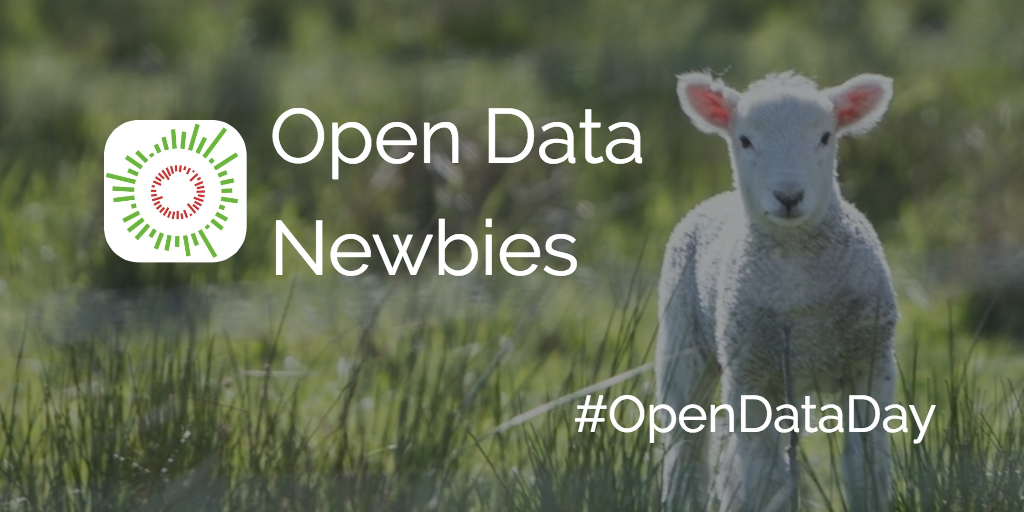
- East-West Management Institute’s Open Development Initiative (EWMI-ODI) in Laos will build an open data community in Laos, and promote and localise localization the Open Data Handbook. Amount: $300
- Mukono District NGO Forum will use OpenCon resource depositories and make a presentation on Open Data, Open Access, and Open Data for Environment. Amount: $350
- The Law Society of the Catholic University of Malawi will advocate for sexual reproductive health rights by going to secondary schools and disseminate information to young women on their rights and how they can report once they have been victimized. Amount: $350
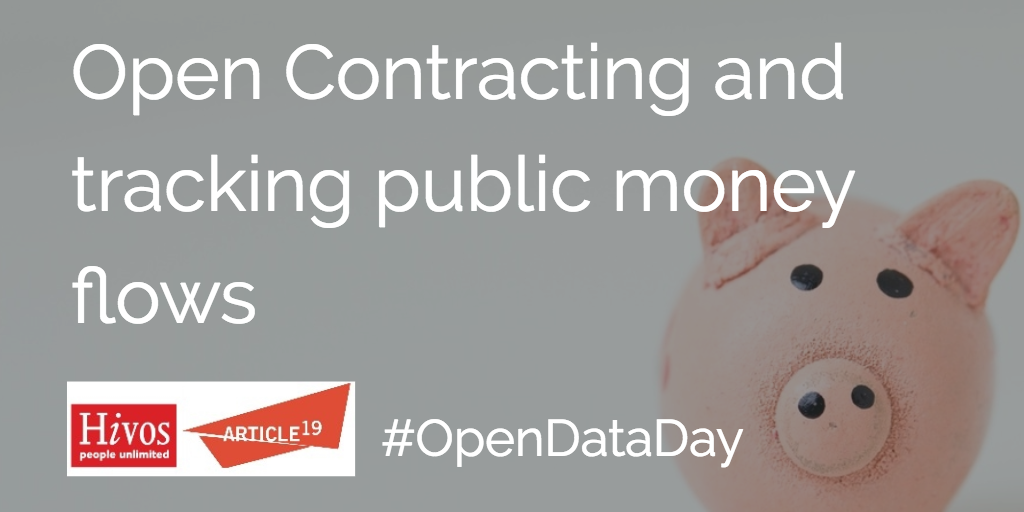
- LabHacker will take their Hacker Bus to a small city near São Paulo and run a hack day/workshop there and create a physical tool to visualize the city budget which will be made available for the local citizens. They will document the process and share it online so other can copy and modify it. Amount: $400
- Anti-Corruption Coalition Uganda will organize a meetup of 40 people identified from civil society, media, government and general public and educate them on the importance of open data in improving public service delivery. Amount: $400
- Youth Association for Development, will hold a discussion on the current government [Pakistan] policies about open data. The discussions will cover, open budget, Open Contracting, open bidding, open procurements, open bidding, open tendering, Open spending, Cooking budgets, Cooking budgets, Panama Papers, Municipal Money etc. Amount: $400
- DRCongo Open Data initiative will organise a conference to raise awareness on the role of open data and mobile technologies to enhance transparency and promoting accountability in the management of revenues from extractive industries in DR Congo. Amount: $400
- Daystar University in Kenya will organise a seminar to raise awareness among student journalists about using public data to cover public officers’ use of taxpayer money. Amount: $380
- Centre for Geoinformation Science, University of Pretoria in South Africa will develop a web-based application that uses gamification to encourage the local community (school learners specifically) to engage with open data on public funds and spending. Amount: $345
- Socialtic will host Data Expedition, Workshops, Panel and lightning talks and Open Data BBQ to encourage the participation of groups like NGOs and journos to use data for their work. Amount: $350
- OpenDataPy and Girolabs will show civil society organizations public contract data of Paraguay and also show visualizations and apps made with that data. Their goal is to use all the data available and generate a debate on how this information can help achieve transparency. Amount: $400
- Code for Ghana will bring together data enthusiasts, developers, CSOs and journalists to work on analysing and visualising the previous government’s expenditure to bring out insights that would educate the general public. Amount: $400
- Benin Bloggers’ Association will raise awareness of the need for Benin to have an effective access to information law that oblige elected officials and public officials to publish their assets and revenues. Amount: $400
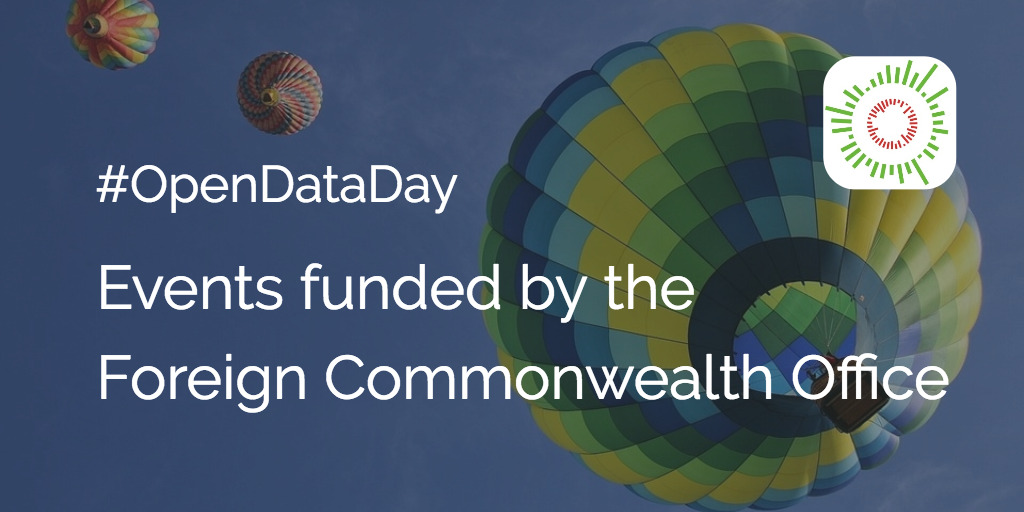
- Red Ciudadana will organize a presentation on open data and human rights in Guatemala. They aim to show the importance of opening data linked to the Sustainable Development Goals and human rights and the impact it has on people’s quality of life. Amount: $400
- School of Data – Latvia is organizing a hackathon and inviting journalists, programmers, data analysts, activists and the general public interested in data-driven opportunities. Their aim is to create real projects that draws out data-based arguments and help solve issues that are important for society. Amount: $280
- Code for South Africa (Code4SA)’s event will introduce participants to what open data is, why it is valuable and how it is relevant in their lives. They are choosing to *not* work directly with raw data, but rather using an interface on top of census and IEC data to create a more inclusive event. Amount: $400
- Code for Romania will use the “Vote Monitoring” App to build a user-friendly repository of open data on election fraud in Romania and Moldova. Amount: $400
- Albanian Institute of Science – AIS will organize a workshop on Open Contracting & Red Flag Index and present some of their instruments and databases, with the purpose of encouraging the use of facts in journalistic investigations or citizens’ advocacy. Amount: $400
- TransGov Ghana will clean data on public expenditure on development projects [2015 to 2016] and show how they are distributed in the Greater Accra Metropolis (data from Accra Metropolitan Assembly) to meet open data standards and deploy on Ghana Open Data Initiative (GODI) platform. Amount: $400
For those who were not successful on this occasion, we will providing further feedback and would encourage you to try again next time the scheme is available. We look forward to seeing, sharing and participating in your successful events. We invite you all you register your event on the ODD website.
Wishing you all a happy and productive Open Data Day! #OpenDataDay for more on Twitter!









I got email I was selected for mini-grant but i don’t see my name above
you were indeed selected! Let us add you
Look at number 3 under Environment.
I have not got email so far. its my email narayan@accountabilitylab.org
Thanks
Hi,
We did not receive any email following the announcement. We are BEOG NEERE, Open Data and Environment.
Thanks,